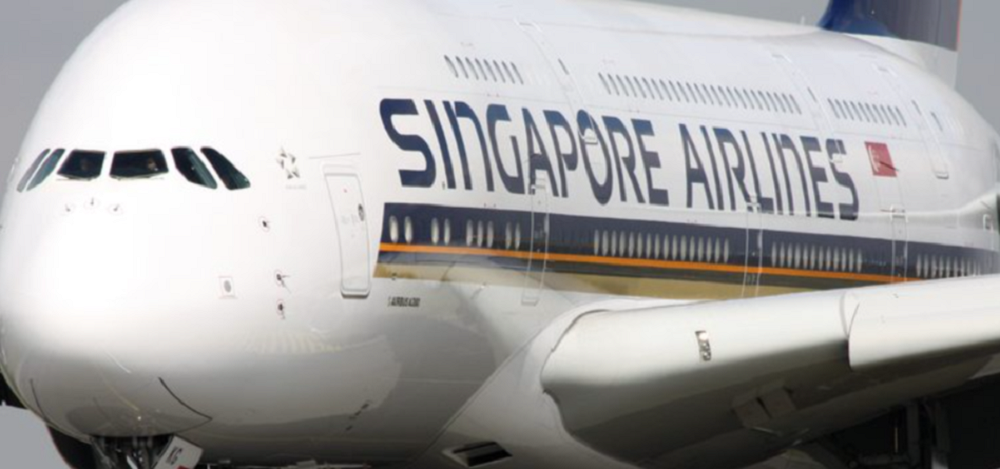Singapore Mass Rapid Transit (SMRT) and SBS Transit (SBST), together with The Land Transport Authority (LTA) said that almost 1,000 rail engineers are needed due to the improvement of service standards as the rapid expansion of the rail network.
They said that to make the job more appealing, salaries, training, and opportunities for promotion have been improved.
The operators acknowledged that the manpower shortage has some impact on operations.
Since December 2011, the rail reliability has been an issue when two breakdowns on the North-South Line (NSL) left tens of thousands of commuters neglected.
In July last year, more than 200,000 thousands of commuters were affected when the NSL and East-West Line (EWL) had a two-hour breakdown during an evening peak period.
MRT network across the island is also expected to double by 2030, with as long as 360 km of new tracks. In addition, the High Speed Rail (HSR) Project which linking Singapore to Kuala Lumpur is also expected to be ready by 2026.
SMRT human resources vice-president, Madelene Lee said, “Globally, there’s a railway engineer crunch.”
She added that although the numbers of the rail engineers had been doubled since 2011 to more than 400, of whom 95 per cent are Singaporeans and permanent residents, it still needs more than 700 more over the next three years for its operations maintenance, which currently include the North-South, East-West and Circle MRT lines, in addition to the Bukit Panjang LRT.
While, SBS Transit says that it plans to hire 100 more engineers and technicians over the next year to work on its North-East and Downtown MRT lines, as well as the Sengkang and Punggol LRT lines.
In the LTA website, more than 80 rail engineering-related positions were listed, with a quarter of them (26 vacancies) related to the HSR project.
SMRT announced a slew of initiatives aimed at improving services and increasing staff strength earlier this year, which include a pay raise of at least 5 per cent for rail maintenance line managers, and tying a greater percentage of bonuses to how smoothly trains run.
However, many Singaporeans are still refusing to take up the offer
While mainstream media focused on factors such as late hours for engineers as the maintenance work on train lines needed to be conducted after the operations for the day. And that there is more lucrative pay that attracts engineers elsewhere.
But one have to ask the fundamental question of what happened to the engineers that had grown together with SMRT since its formation in 1987.
According to SMRT insiders, many engineers were retrenched or left as a result of diversification of focus to retailing by former SMRT Chief Executive Saw Phaik Hua and the abysmal attitude to engineering standards.
One such engineer wrote to TOC and shared the resignation letter that he gave SMRT, citing poor management and poor integrity towards maintenance standards as the reasons for his departure.
Potential candidates would also be put off by the recent saga of SMRT having to fire its train driver due to his involvement in a fatal train accident, despite the fact that no fault is attributed to the driver. With the negative public opinion of the train system and the sheer tendency of faults to occur, it is of no wonder that engineers are hesitant to take up the “generous” job offers by the two train operators.







